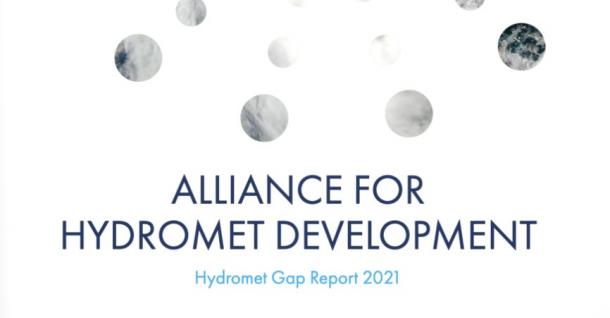According to the first Hydromet Gap Report released by the WMO’s Alliance for Hydromet Development, an estimated 23,000 lives could be saved per year and potential annual benefits of at least US$162bn could be realized by improving weather forecasts, early warning systems, and climate information.
The report reveals what needs to be done to tap the benefits of effective weather and climate services. It presents the challenges of the complex global and local undertaking required and proposes priority actions to scale up support to developing countries to strengthen their capacity.
The report also highlights how investments in multi-hazard early warning systems could create benefits worth at least ten times their costs. However, only 40% of countries currently have effective warning systems in place, and large gaps remain in the global observation network, particularly in least developed countries (LDCs) and small island developing states (SIDS).
“Our climate is rapidly changing,” said WMO secretary-general professor Petteri Taalas. “The past decade was the hottest on record. Global mean temperature is approximately 1.2°C warmer than pre-industrial times. We are far off track from reducing global greenhouse gas emissions to avert the worst impacts of climate change and limit temperature rise to within 1.5°C in line with the Paris Agreement,”
While reducing greenhouse gas emissions remains essential, United Nations secretary-general António Guterres has called for a breakthrough on adaptation and resilience in 2021, with significant increases in the volume and predictability of adaptation finance. Such a breakthrough is vital to ensure all people, especially the most vulnerable, can adapt and be more resilient to the consequences of inevitable future weather and climate events.
“While the contribution of developing countries to greenhouse gas emissions is limited, the impacts of disasters from climate related weather events are three times higher than in high income countries. Accurate weather forecasts and robust climate prediction is critical for adaptation policy and investment decisions,” commented Alassane Ouattara, president of Côte d’Ivoire.
Alliance for Hydromet Development members are collectively committed to unite and scale up efforts to close the capacity gap on high-quality weather, climate, hydrological, and related environmental services as the foundation for resilient and sustainable development.



